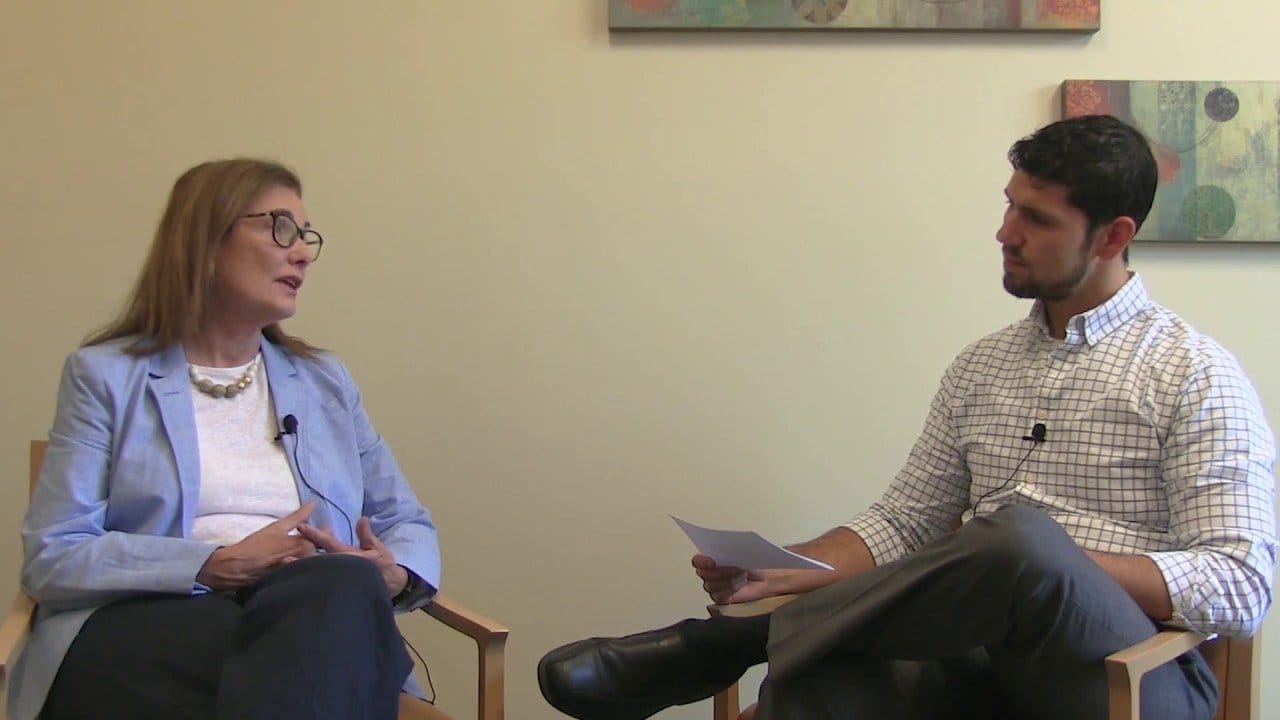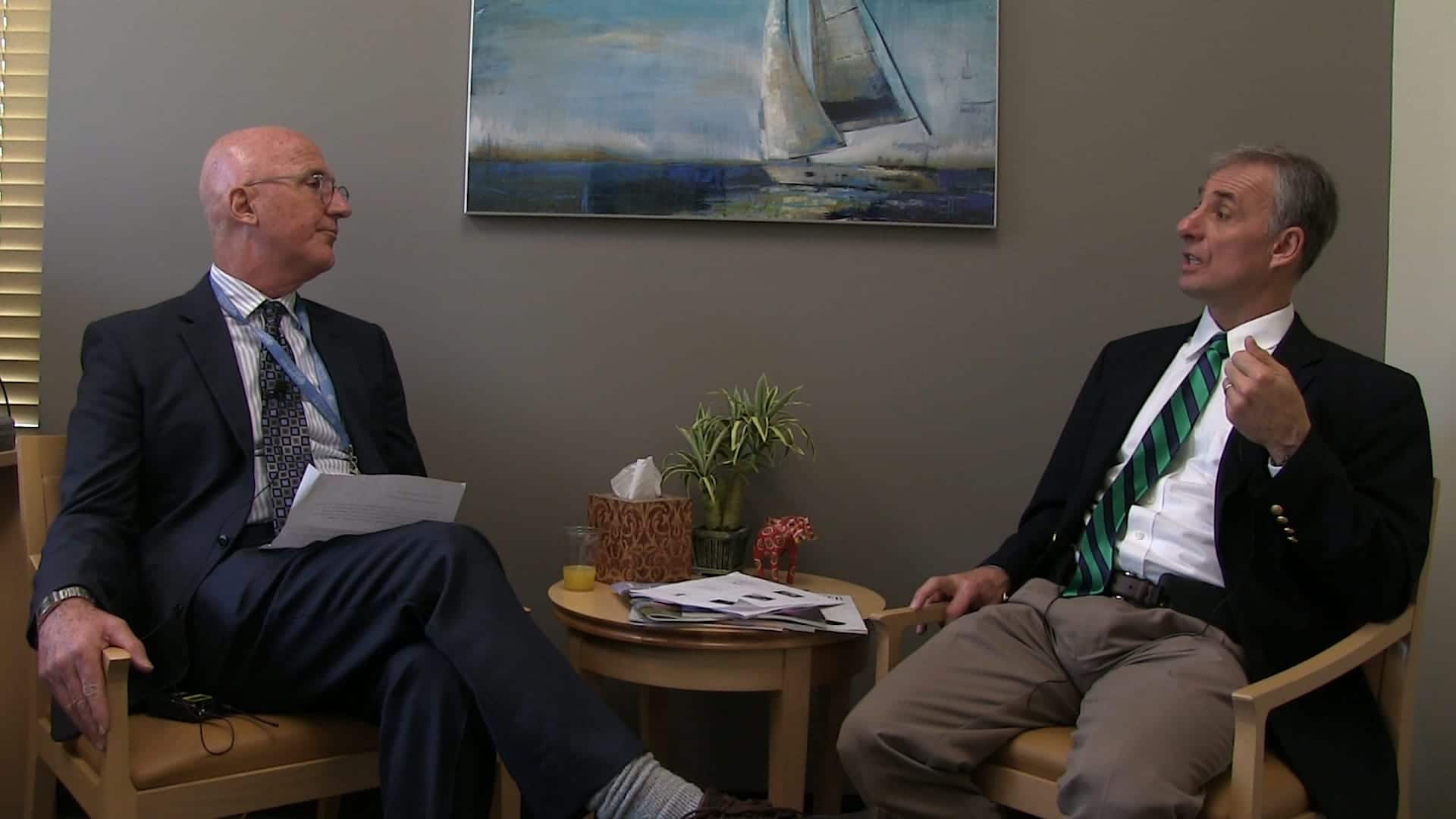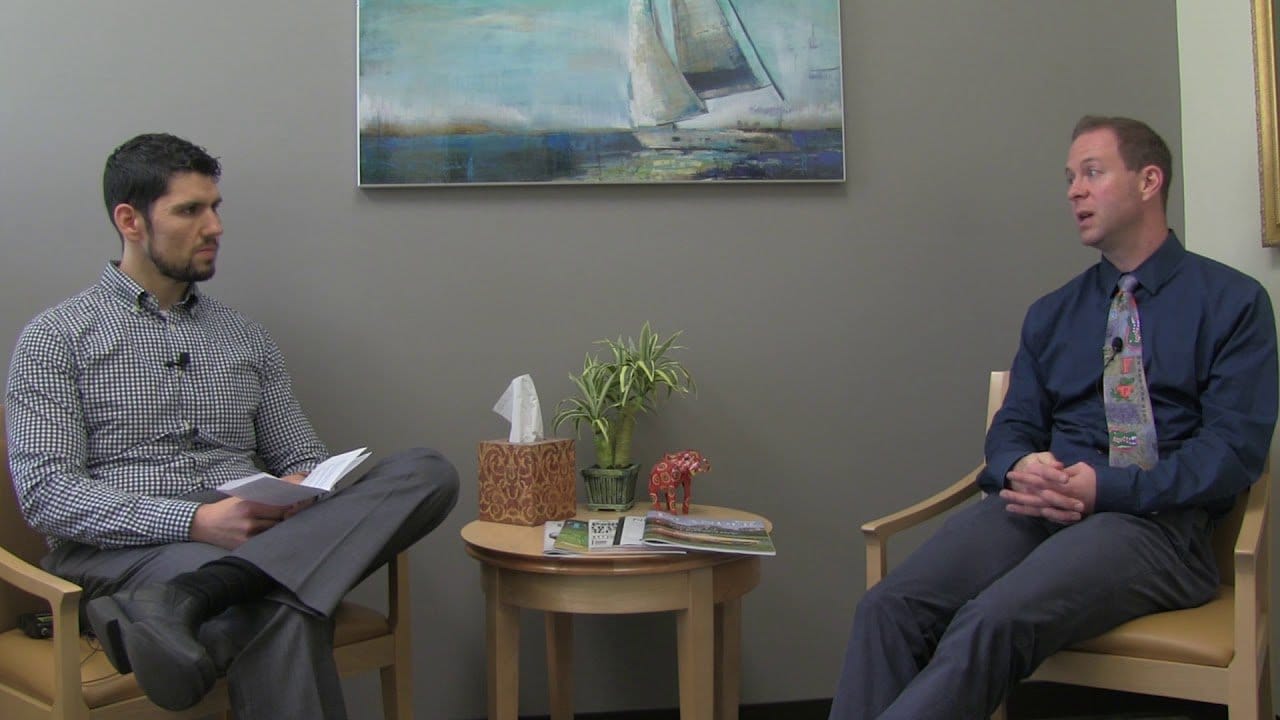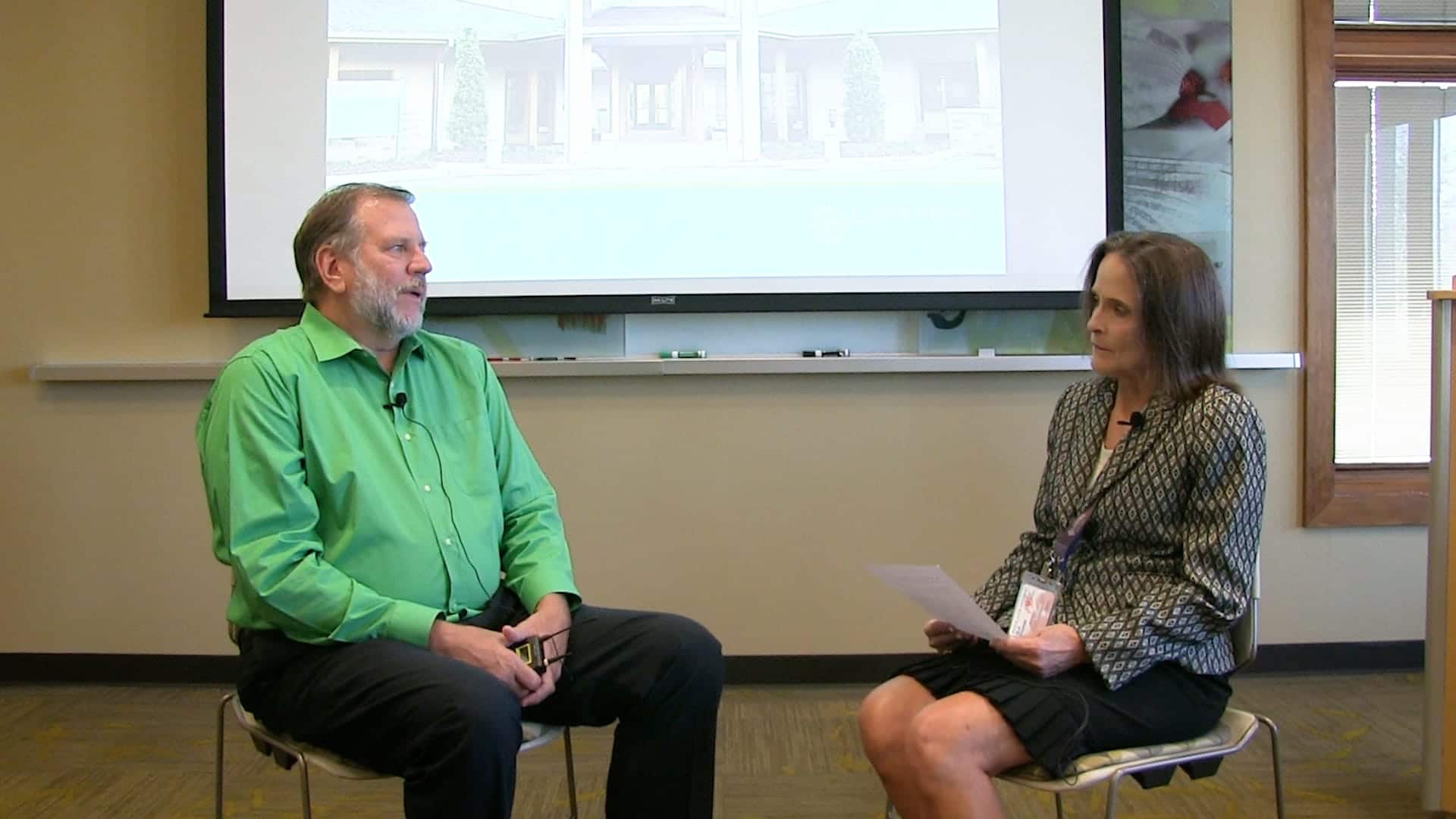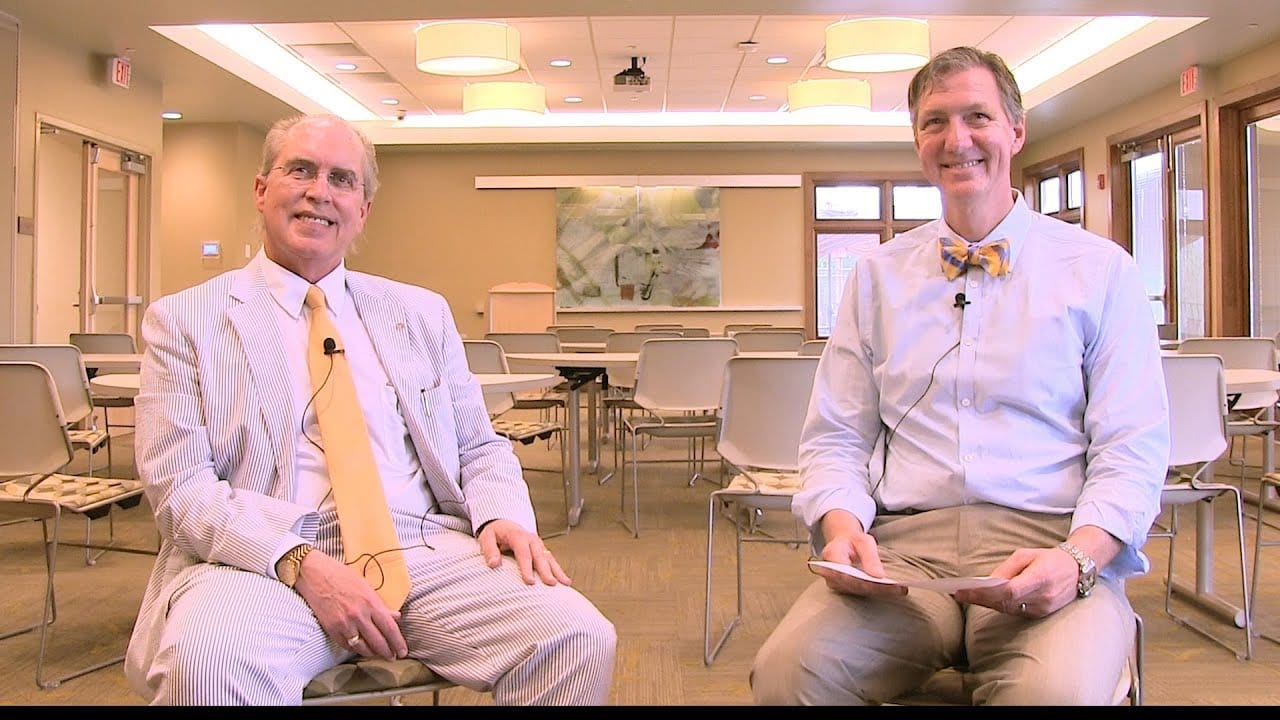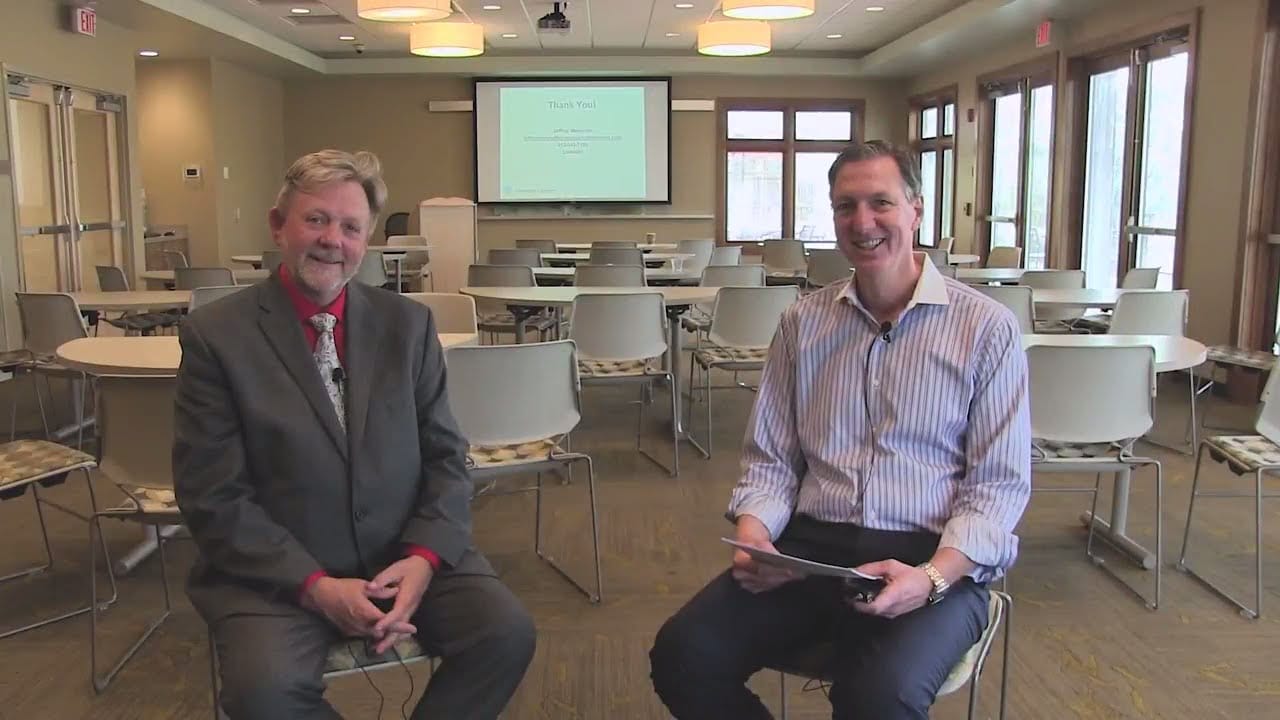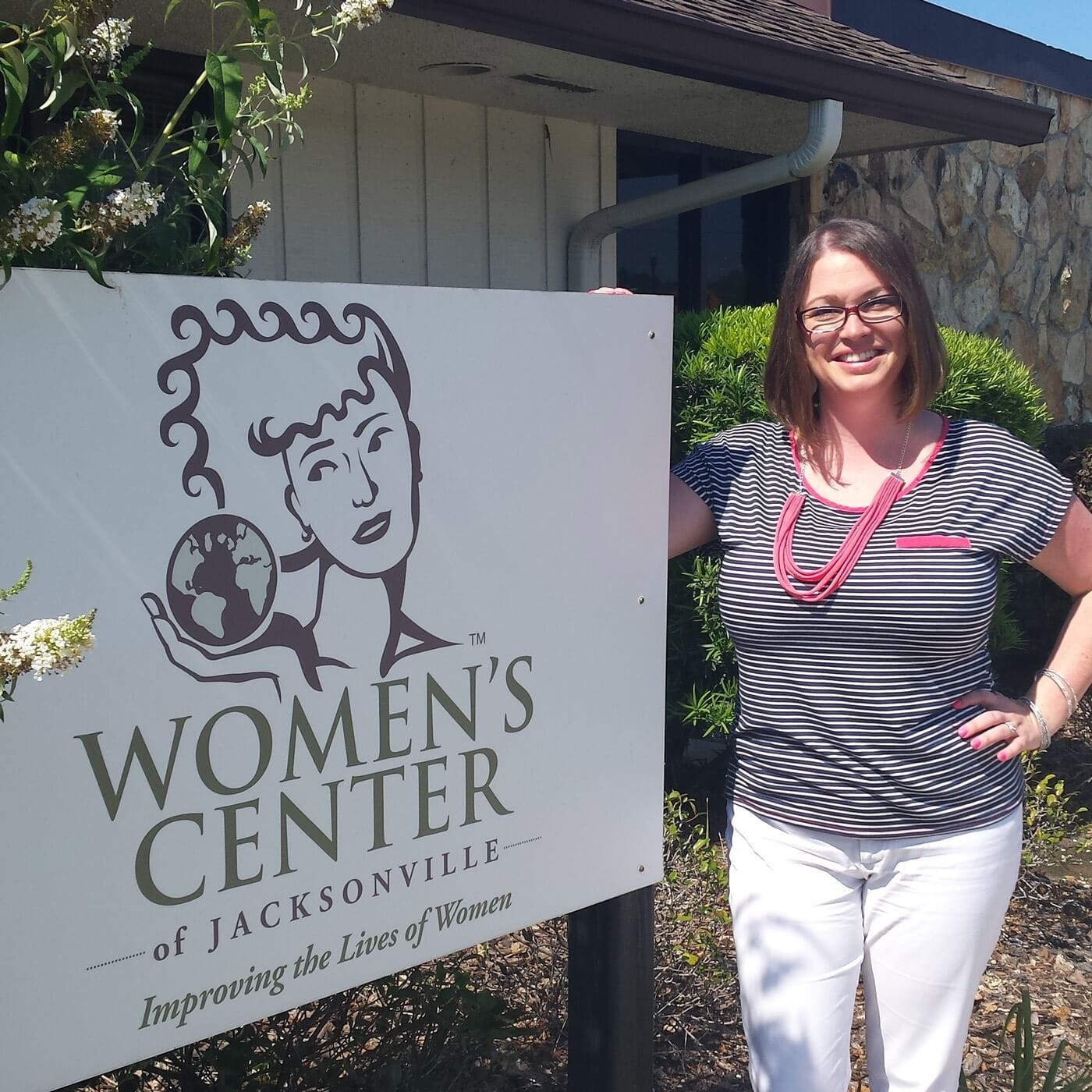

By: Lakeview Health
Gina sits down with Morgan Moeller, the Rape Recovery Team Director for the Women’s Center of Jacksonville to discuss the types of programs they offer women in need.
Podcast Transcript
Gina Thorne: Hi everyone, this is Gina Thorne and welcome to the Lakeview Podcast Series. We’re very excited to have Morgan Moeller, the Recovery Team Director with the Women’s Center of Jacksonville here today. Morgan, you’re the Rape Recovery Team Director for the Women’s Center of Jacksonville, but before we talk about the Women’s Center, can you tell us a little about your background and how you got into the field? Morgan Moeller: My path is not a linear one. This work is interesting and draws an interesting kind of group of people to it. My background was in journalism and I was working for a local newspaper at which I was incredibly unhappy. I felt like I wasn’t contributing to my community and I felt like I really wanted to do something more meaningful, and I got connected to a dual-certified center which was a local rape crisis and domestic violence center. I was working with the executive director on a couple of things and ultimately transitioned into non-profit work after that. So the past eight years I’ve worked at both the local and state level related to domestic violence and rape crisis and ensuring that survivors have access to services and I also spend a good bit of time focused on primary prevention for first-time perpetration and victimization. Gina: And so obviously there’s just a plethora of non-profits that you can get engaged in, but why Women’s Center? Morgan: Um, so, I came to the Women’s Center in Jacksonville and was really drawn to the organization because they’re a bit more macro in focus. There are organizations that are very focused in on one specific topic, but the Women’s Center really looks at the whole person, the whole woman and is looking to meet the needs of the community that aren’t being met elsewhere. So we have affordable mental health counseling for women, we have a literacy program specifically geared toward women and adult learners. We have an offender re-entry program specifically targeted to women’s needs when re-entering after having interacted with the Criminal Justice System. So I really like the idea that we’re looking at all the unique intersecting issues that women encounter and trying to address all of those and have a network within our own organization to be able to get a lot of those needs met. Gina: Are you all part of a larger group, a larger sort of national group? Morgan: We’re not. Our Executive Director has been involved in the movement to end violence against women for a long time. She was the founder of Hubbard House and the UNF Women’s Center and she ultimately founded this women’s center, kind of recognizing that there wasn’t a community-based resource like the Women’s Center at UNF to get needs met for women. There are other women’s centers in this state; I think there’s fewer than 10 at this point, so we are kind of a small, informal networked group who are working together to try and meet the needs of women in various communities. As the certified rape crisis center, we are connected to the Florida Council against Sexual Violence. They’re our certifying entity and also our policy and legislative advocacy, kind of representation in Tallahassee. But in terms of the women’s center as a whole, we are kind of a stand-alone organization. Gina: Ok and so basically what you’re talking about is, in addition to the rape crisis center, you offer predominantly, life skills opportunities for women who are really trying to get back on their feet. You talked a little about the literacy component as well and the offender re-entry program which obviously really helps women a lot in bringing them back to a place where they can be functional members of society. Can you speak a little bit more about the specifics related to those life skill programs? Morgan: Absolutely. So what we try and do in everything is be comprehensive. So looking at Women Renewed, which is our re-entry program, it’s a multifaceted program that looks not just at job skills, training, and employability skills, but it looks at the mental health aspect of what’s going on with that person and tries to really identify root issues that may potentially contribute to recidivism within the Criminal Justice System. So there’s individual and small group work with the mental health counselor, and they also have a case manager who is looking at their unique needs as well. So for example, if they’re having issues with housing or child custody on the heels of incarceration, the case manager is working with them to identify and connect them to resources and to make sure that all the intersecting needs that they have are addressed. And that’s really how we approach everything at the women’s center. Recognizing that we can’t just touch on one issue and expect that everything else in that person’s life is going to change but trying to look again at the whole person and identify the issues that may impact their ability to achieve their personal goals and to be at their fullest capacity and to try and address those together. So there’s a lot of cross work for all that happens within the women’s center. For example, a lot of the women in the Women Renewed Program are ultimately referred into the Literacy Program. They’re working toward educational goals; maybe a GED or getting into FSCJ, so they’re able to have that referral and get targeted one-on-one and small group tutoring based on what their educational needs and goals are to help further that next step for them in their life. So really again, it’s kind of that comprehensive approach and really trying to look at what are all the needs that this person has, what are the potential barriers to those goals, and then trying to work with them to get those needs met. Gina: That’s great. It’s like you’re building a foundation layer upon layer, and some of which you’re speaking about, in particular, when you’re talking about looking at sort of the various dimensions of this individual is very similar to what Lakeview does with Recovery Coaching, which is we’re looking at all those dimensions that help people work their life in recovery which could include things like financial, working with family dynamics, literacy, job skills training, that kind of thing. So you’re working to help women and children find a safe place which is important and often barriers exist that can prevent women from accessing these services. You shared with me earlier that sometimes substance abuse and mental illness can be one of those barriers to success. How does the women’s center support women to address these addiction and mental health issues? Morgan: So, in our programs we see this kind of come up in a lot of different ways. For example, within the Rape Recovery Team, which is the program that I work in, we see survivors who may have experienced past childhood trauma and did not have an appropriate intervention or maybe didn’t have support from the people around them at that time and so they developed unhealthy coping skills because they didn’t have a means of processing that trauma. But we also see that women who have substance abuse or mental health issues are often more vulnerable and are targeted at a higher rate by predators who are looking for someone to prey upon in terms of vulnerability who would be potentially less likely to report, potentially less likely to be believed if they did report. And the Women Renewed Program obviously, substance abuse issues may also be a form of self-medication but can potentially contribute to recidivism. So looking at those issues, we try and connect them to the appropriate resources. We do have some certified addiction specialists here within our counseling department, but we refer out for residential treatment programs when we recognize that those needs are beyond the scope of what we are able to do here through our outpatient mental health counseling program. And we’re happy to say that we have a great group of partners, including Lakeview, who are able to work with those referrals and stay connected with that person through the other programs here at the women’s center while they’re working toward that goal. We never turn someone away. We want to make sure that we are connecting them to a resource and keeping that line of communication and door open so that when they’re ready for that next step, they can come right back to the women’s center and move into the next program that’s appropriate for them. Gina: That’s fantastic. And we are excited to be working with the women’s center in that capacity as well. If someone who is listening today wanted to access services at the women’s center, how would they get in touch with you? Morgan: So, importantly, our rape crisis hotline is a 24-hour line where you can speak to an advocate who can talk with you about rights, options, generally just be some emotional support for you if you’re having that 2 a.m.-can’t-sleep moment. So our team is active and available 24 hours a day in terms of rape recovery and that’s the easiest and best way to access us. So that number is 904-721-7273. For other women’s center services like literacy, or our offender re-entry program, mental health counseling, they can call straight into our main line here during business hours and that number is (904) 722-3000 and they just let our receptionist know which department they want to speak with, what their specific need is and we’ll help get them routed to the right person. Gina: That’s awesome. Well thank you Morgan again for spending time with us today. We’re really excited and we certainly encourage those that are listening today to visit the Women’s Center of Jacksonville online as well. For those of you that are interested in learning more about Lakeview Health, we invite you to visit us at lakeviewhealth.multiplica.dev or you can reach us at 866-460-8416.
